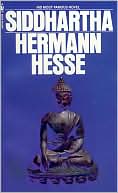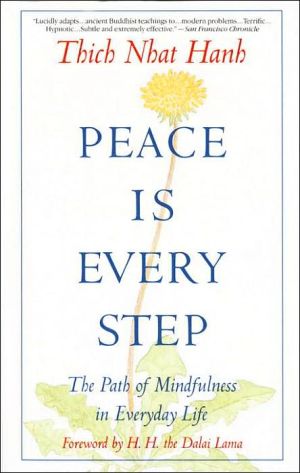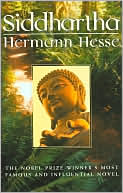Practicing Peace in Times of War: A Buddhist Perspective
Search in google:
"War and peace begin in the hearts of individuals," declares Pema Chödrön at the opening of her inspiring and accessible new book. In Practicing Peace in Times of War she draws on Buddhist teachings to explore the origins of aggression and war, explaining that they lie nowhere but within our own hearts and minds. She goes on to explain that, remarkably, the way in which we as individuals respond to challenges in our everyday lives can mean the difference between perpetuating a culture of violence or creating a new culture of compassion. With war and violence flaring all over the world, from Iraq to Darfur to London, most of us are left feeling utterly helpless. In this book Pema Chödrön insists that our world will begin to change when each of us, one by one, begins to work for peace at the level of our own behavior, our own habits of thought and action. It s never too late, she tells us, to look within and discover a new way of living. Practicing Peace in Times of War is a short, pithy, and profound book that includes practical strategies for cultivating the seeds of peace and compassion amid life s upsets and challenges. Publishers Weekly This gifty little book by the American Buddhist nun Chodron is a solid reinforcement of what she has been saying for many years and in many books. Here, her focus is on the relationship between aggression within and the aggression that fuels war. Chodron begins with some disquieting observations, such as that we can all be fundamentalists-that is, self-righteous and closed-minded-and that peace demonstrators are not terribly peaceful. Like other Buddhist teachers on the subject of political action, she sees a direct connection between what is in the heart and expressed in outward actions. She teaches how to stop the reflexive and habitual emotional reaction to perceived hostility through patience, pausing, breathing. It's not easy, but it is simple. Chodron is also provocative: insecurity has a positive function, she suggests, so don't run away from it. Some of what this skillful teacher says is almost too simple or underexplained, which can happen when a talk becomes a book, as is the case here. "Don't spin off" is a condensed instruction that is a little too condensed. While it may intrigue beginners, this book will be a better gift for those who are already familiar with Chodron's body of work. (Sept. 5) Copyright 2006 Reed Business Information.








